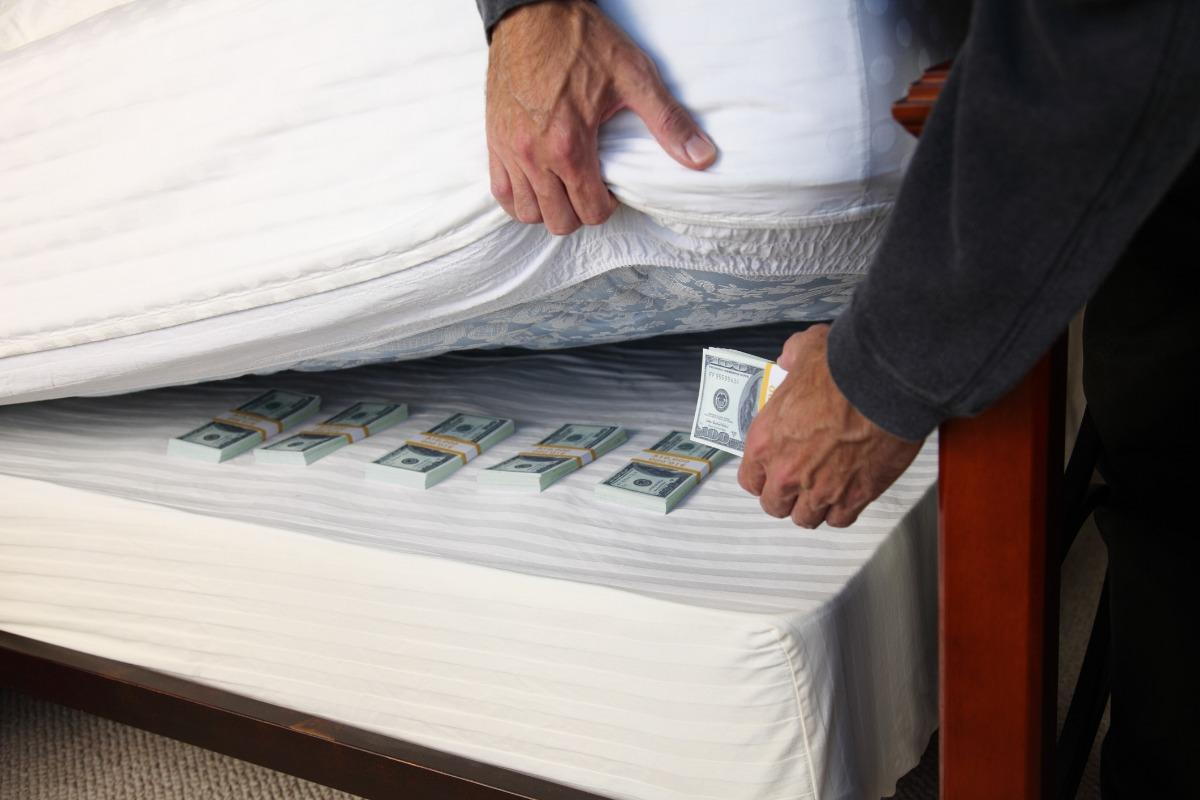
What to Do If You Suspect Your Spouse Is Hiding Assets
- posted: Aug. 18, 2023
- Divorce
In a divorce or marital separation action, each spouse must completely disclose all assets, liabilities, income and expenses. In far too many cases, though, a spouse will try to conceal assets with the goal of keeping the full asset value rather than losing a portion in the property distribution process or paying more in spousal support.
There are a wide variety of ways a spouse could hide assets. A person can keep secret accounts in other states or in other countries, or they could put property in their friends’ or family members’ names to hold until the judicial proceedings are finished. They could also mischaracterize assets. For example, business owners may keep what should be personal assets in their business. A less sophisticated method is to convert certain assets into cash or precious metals and put them in a safe deposit box or bury the cache in the ground.
Some people are sloppy in their asset concealment efforts. A dishonest spouse may leave evidence of hidden assets unsecure, or even out in the open. A party who suspects the other of hiding funds and valuables should check the desks, cabinets and closets in their homes. Statements and correspondence from unfamiliar banks or other financial institutions should be copied or photographed. The same applies to deeds, wire transfers, deposit/withdrawal slips, receipts for unusually large purchases, transportation and storage contracts and more.
One of the best ways to discover previously hidden assets is to work with a forensic accountant. This is a highly trained person who is essentially an accounting detective. Forensic accountants collect a wide variety of financial information on the target of the investigation and also develop a personal profile based on extensive background information provided by the spouse and other parties. Forensic accountants comb through vast amounts of data looking for patterns, inconsistencies and recent behavioral changes, all of which can be valuable clues. When divorce counsel and the forensic accountant work together, they can often find and present proof of one party’s attempt to hide assets or conceal financial information.
Anyone who suspects financial fraud by the other party in a divorce case should take the matter very seriously. A victim of asset concealment might lose a considerable amount of money by way of inadequate property distribution and/or spousal support.
Clark & Schloss Family Law, P.C. in Scottsdale, Arizona is one of Maricopa County’s premier family law firms. If you are involved in a divorce and suspect your spouse is hiding assets, feel free to contact us online or call 602-789-3497 for a consultation.



